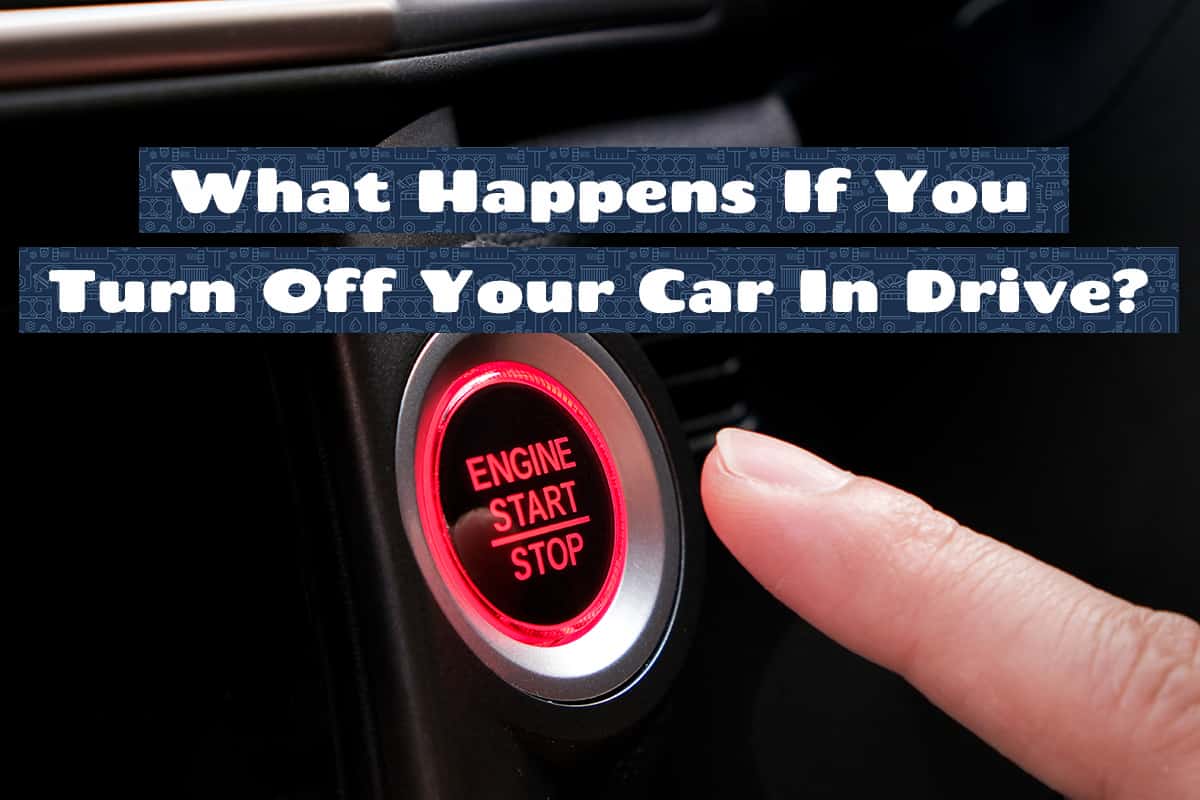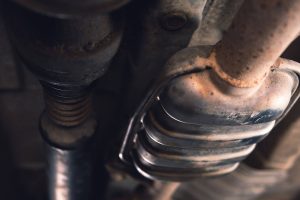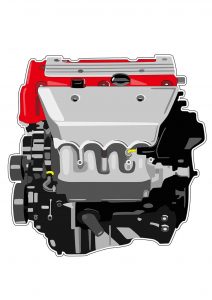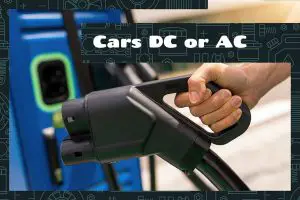Turning off a car while it’s in drive is a subject that has piqued the curiosity of many drivers. Some claim that doing this can lead to disastrous effects, while others argue that nothing bad will happen at all. So, what actually happens if you turn off your car in drive?
If your car is at a full stop, turning it off while in drive won’t do anything except shut off the engine. If your car is in motion, doing this will result in losing power steering and braking, making the car more difficult to control.
Below, we’ll look into the mechanics of what actually happens, the immediate effects, and the long-term consequences when you kill the engine while in drive.
The Mechanics of Turning Off Your Car in Drive
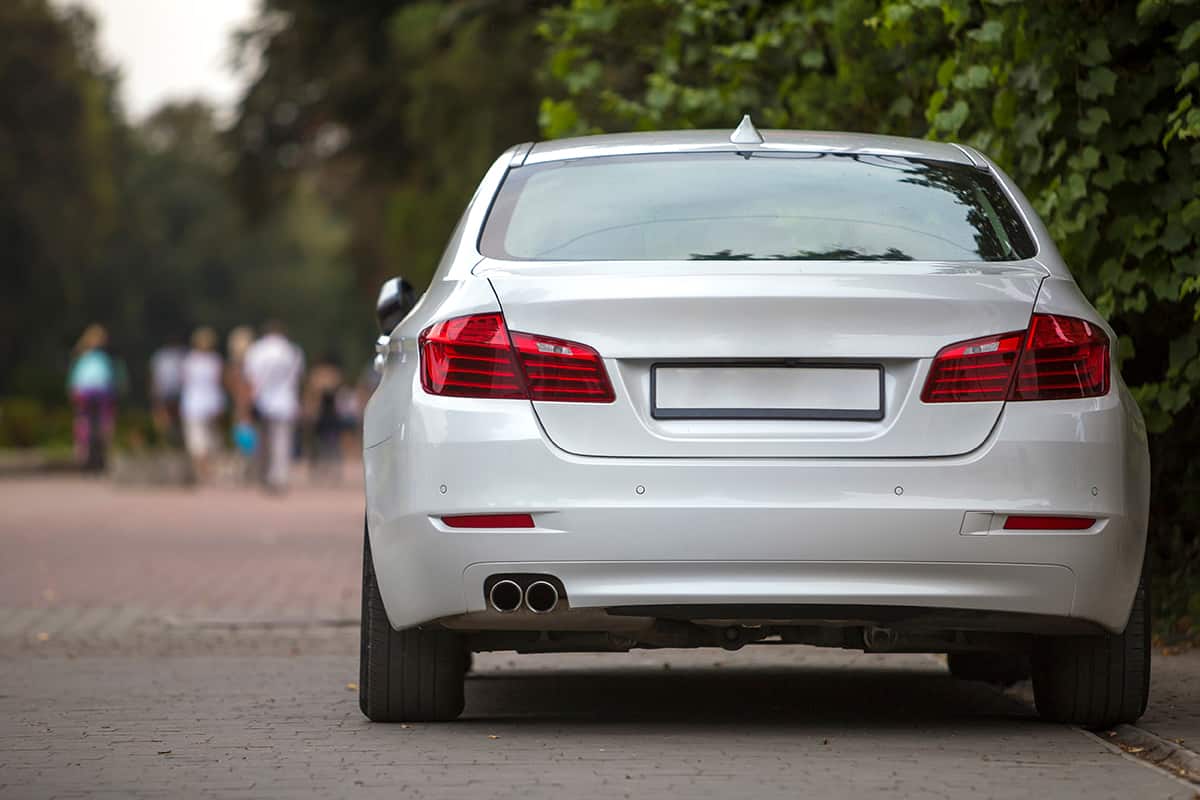
Turning off your car while in drive is more than just switching off a button; it’s a complex interaction between various components of the vehicle. Modern cars are equipped with intricate systems that work in harmony to provide a smooth driving experience. The key components involved when you turn off your car in drive are:
- Engine: The powerhouse of the car, responsible for converting fuel into mechanical energy. Turning off the engine in drive halts this energy conversion process.
- Transmission: Connects the engine to the wheels, controlling the power the wheels receive. Turning off the car in drive may lead to a sudden loss of hydraulic pressure, affecting the transmission’s function.
- Ignition System: This initiates the engine’s operation. When turned off while in drive, it disrupts the engine’s controlled operations.
- Electrical System: Manages various functions like headlights, dashboard, etc. Turning off the car in drive can affect these systems.
Situations Where Turning Off in Drive May Occur
You may have faced one of the following situations that forced your car to shut off while in drive. If you’re reading this, that’s proof that nothing extremely bad happened to you.
Accidental Scenarios
In day-to-day driving, accidental situations may arise where a vehicle might be turned off while in drive. Here’s how they may occur:
- Mistakenly Hitting the Ignition Button: In cars with keyless ignition, accidentally pressing the button can turn off the engine. This might happen if the button is located near controls for other functions.
- Children Inside the Vehicle: Unsupervised children playing with keys or controls might inadvertently turn off the car. Hopefully, the car is in park when this happens, but if it’s still in drive, the car engine will shut off, and the car will stop moving.
- Key Malfunctions: Issues with traditional keys or electronic fobs might lead to an unintentional turning off of the vehicle.
- Mechanical Failures: Unexpected mechanical or electrical failures could cause the car to turn off while in drive, such as a faulty ignition switch.
Emergency Circumstances
There might be situations where a driver intentionally turns off the car while in drive due to emergencies:
- Car Malfunctions: Recognizing a serious problem like smoke or unusual noises might compel a driver to turn off the car as a precaution.
- Avoiding Accidents: In some extreme cases, turning off the car might be an instinctive reaction to avoid a collision or other dangers on the road.
- Police or Security Measures: Law enforcement or security personnel might need to turn off a car quickly in response to a threat or criminal activity.
The Immediate Effects of Turning Off Your Car in Drive

When a car is turned off while in drive, there are immediate effects that occur within the vehicle’s mechanical and electrical systems.
Effects on Automatic Transmission Vehicles
- Loss of Power Steering: Power steering relies on the engine running. Turning off the car results in an immediate loss of this function, making steering harder.
- Loss of Power Brakes: Like steering, the brake system often relies on engine power. Turning off the car can make braking more challenging and less responsive.
- Transmission Damage: The sudden loss of hydraulic pressure might cause immediate wear or even damage to the transmission system.
- Effect on Electrical Systems: The vehicle’s electrical functions, such as lights and indicators, may behave unpredictably when the engine is turned off while in drive.
Effects on Manual Transmission Vehicles
- Engine Stall: Since the engine is directly connected to the wheels, turning off the car in drive will most likely stall the engine.
- Loss of Control Functions: Similar to automatic transmission, loss of power steering and brakes occurs, increasing the difficulty of controlling the car.
- Potential Clutch Damage: Depending on the situation, there might be damage to the clutch system, impacting the car’s future driving capability.
Safety Implications
- Increased Accident Risk: The sudden loss of control functions can lead to accidents, especially at higher speeds.
- Pedestrian Safety: A loss of control might pose risks to pedestrians or cyclists on the road.
- Potential Fire Hazards: In extreme cases, damage to the car’s systems might lead to fire hazards.
- Occupant Safety: Passengers inside the vehicle are at risk of injury due to sudden stops or loss of control.
The Long-term Consequences
The act of turning off a car while in drive not only leads to immediate effects but can also have long-term consequences that may require costly repairs.
Mechanical Issues
- Engine Wear: The abrupt cessation of the engine can lead to undue stress on various components, potentially causing long-term wear and tear.
- Electrical System Impact: Continual mishandling might lead to lasting electrical malfunctions, affecting everything from lights to the car’s onboard computer.
Safety Feature Problems
- Braking System Degradation: Repeated occurrences might weaken the braking system, making it less responsive over time.
- Steering System Wear: The immediate stress on the steering system could cause a gradual loss of efficiency in steering control.
- Airbag System Concerns: Some incidents might affect the airbag system’s integrity, leading to potential malfunction in an actual emergency.
Vehicle Value
- Decreased Driving Comfort: Persistent mechanical problems could lead to a less smooth and comfortable driving experience.
- Lower Resale Value: The long-term mechanical issues will likely reduce the vehicle’s resale value, making it harder to sell at a fair price.
- Impact on Fuel Efficiency: Some of the long-term effects might cause the car to consume more fuel, leading to increased operating costs.
FAQs
1. Is it ever safe to turn off the car in drive mode?
No, it’s never safe to turn off the car while in drive mode. This action can lead to immediate loss of control functions like power steering and brakes. It can also cause wear and tear on the vehicle’s transmission, engine, and other vital systems.
If you need to turn off the car, bring it to a complete stop and shift it into park (for automatic transmission) or neutral (for manual transmission) before turning off the ignition.
2. What should I do if my car turns off while in drive unintentionally?
If your car turns off unintentionally while in drive, remain calm and follow these steps:
- Try to steer the car safely to the side of the road. Without power steering, it might be harder to turn the wheel, so use extra force if needed.
- Apply the brakes gradually to bring the car to a stop. Without power brakes, more pressure may be required.
- Shift into park (for automatic transmission) or neutral (for manual transmission).
- Turn on your hazard lights to signal to other drivers that your vehicle is disabled.
- If you are unable to restart the car, call for roadside assistance or emergency services if necessary.
- If it’s safe, exit the vehicle and wait for help at a safe distance from the road.
